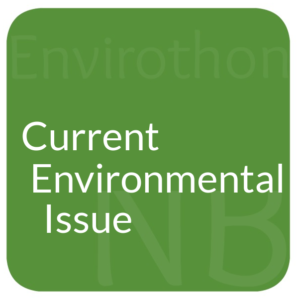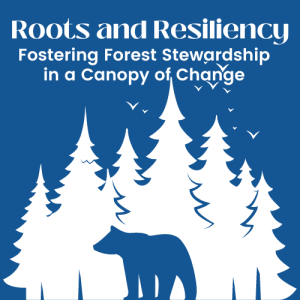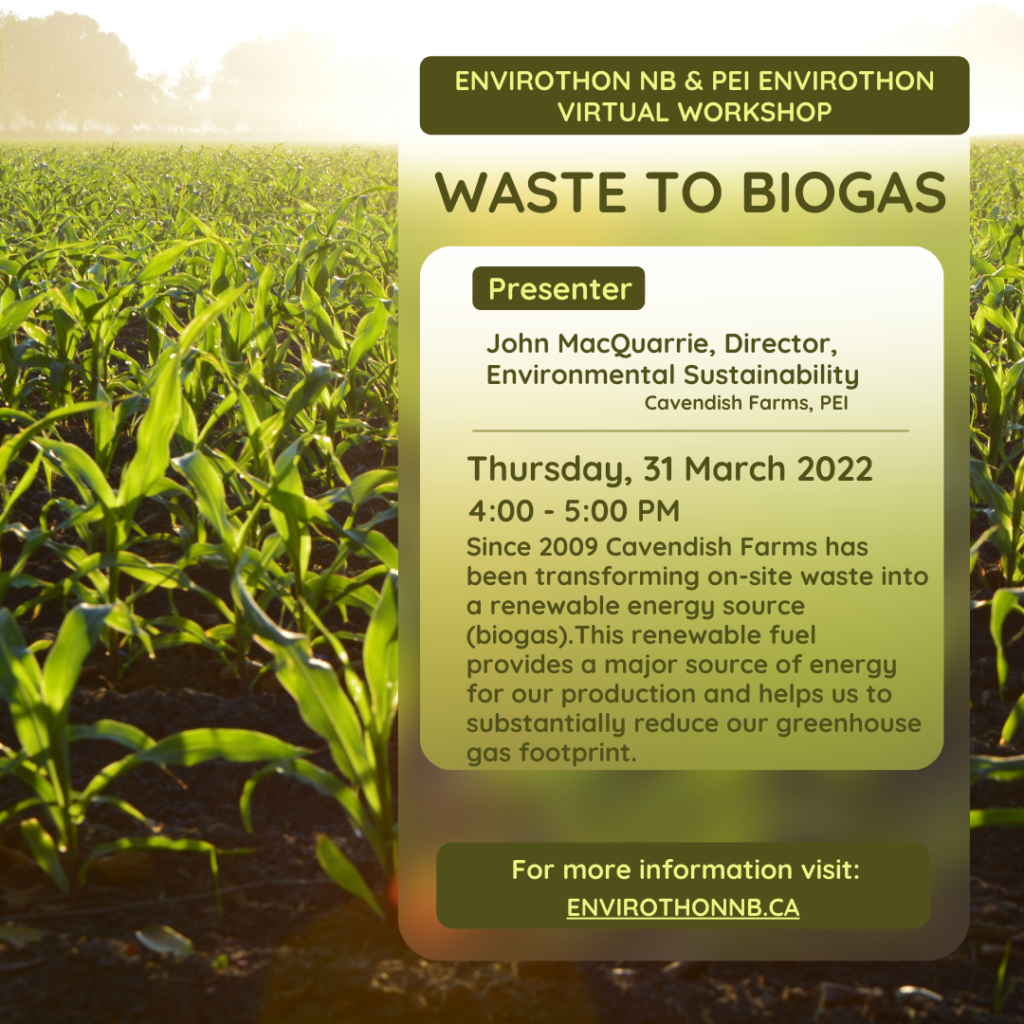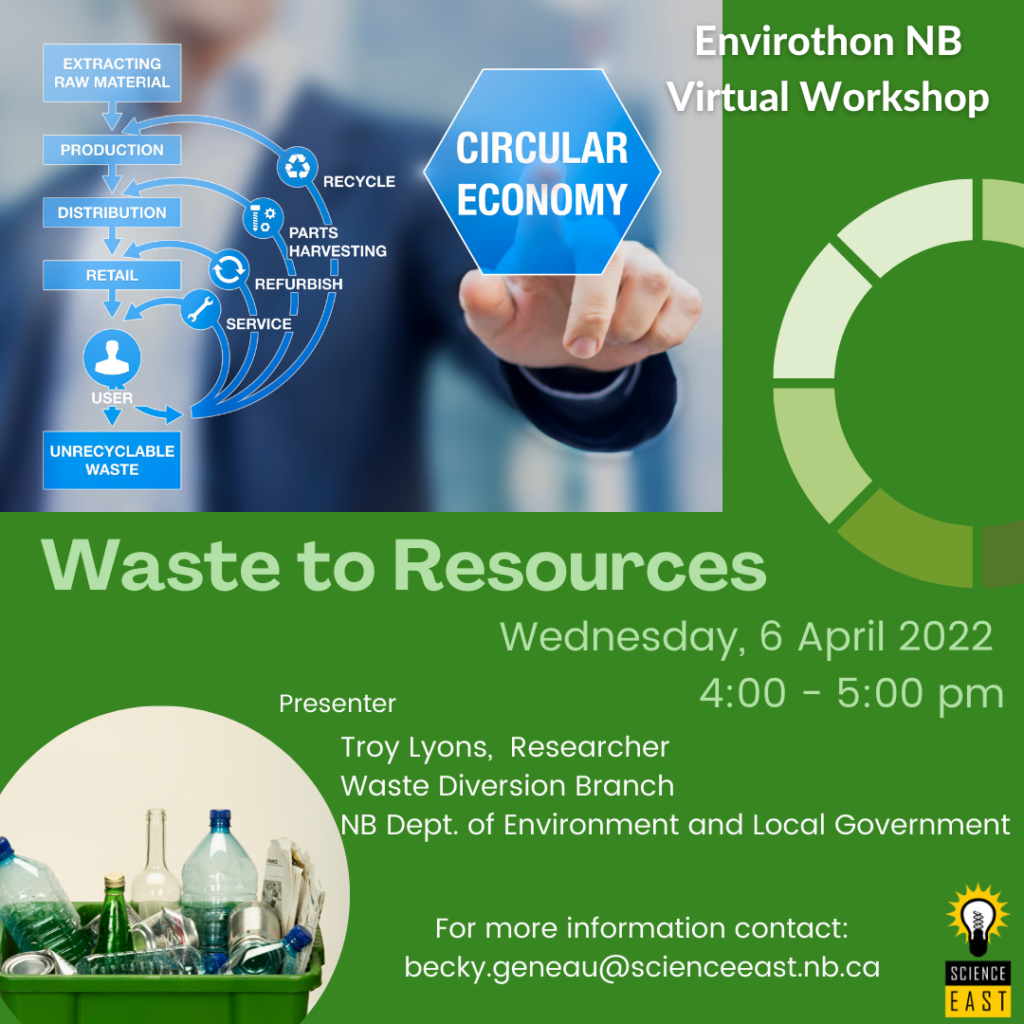

2025 – Roots and Resiliency: Fostering Forest Stewardship in a Canopy of Change

Forests cover 31% of all land area in the world1, making their mark on the landscape and the lives of people around the globe. In Alberta, approximately 60% of the Canadian province is covered by forests2, and these wooded landscapes are an integral part of the identity and culture of those who live there. Since time immemorial, Indigenous peoples have made environmental stewardship a keystone to their ways of being and doing. Beyond their sheer beauty, forests continue to serve as a cornerstone for economic vitality, societal well-being, and ecological richness. Fostering resilient forests is not just about trees: it’s about safeguarding a legacy that intertwines with our society, economy, and commitment to environmental stewardship.
As the world studies climate change, the significance of the forests becomes even more pronounced. Worldwide, forests are experiencing impacts from extreme weather events due to a changing climate, which will result in changes to individual species and the ecosystem as a whole. Climate models suggest Alberta’s forests can expect to experience a variety of changes over the next 75 years3. To understand long-term impacts, we must understand the roots of forest systems to anticipate how forests may respond to changes and how we can help these ecosystems remain sustainable.
Fostering Forest Stewardship in a Canopy of Change is a call to action that calls on us to examine current forest practices, identify where vulnerabilities may lie, and identify necessary adaptations. In every rustle of the leaves and whisper of the wind, there lies an opportunity to create a harmonious partnership with the natural environment and original stewardship practices. To create viable solutions for future resilient forests, one will have to examine traditional ways and knowledge of stewardship, as well as scientific innovations and techniques.
Students will learn how climate models, such as Canada’s four Representative Concentration Pathways (RCPs)3, can help predict the impacts of a changing climate on forests; how this data can be used to facilitate conservation; how a changing climate will influence ecosystem shifts in New Brunwick; how these projected altered ecosystem are expected to impact the Province’s forest health; and how these shifts will present challenges to existing forest management and harvest systems. Teams will work together to create innovative solutions to complex problems facing the forest and the environment.
1 Food and Agriculture Organization of the United Nations, Global Forest Resources Assessment 2020
2 AFPA – Alberta Forest Products Association /
3 Representative Concentration Pathways (canada.ca)
NCF-Envirothon Study Guide 2025 – Click Here
How do we balance quality of life with the quality of the environment? What impact do humans have on nature, and how can we protect it for future generations? How can we think critically about the issues facing our world today, and develop creative solutions for conservation and growth? Through examining a different Current Issue each year, students will apply their knowledge to real-world environmental problems, answering these difficult questions and more as they work together to build a more sustainable future.
Just like the ecosystems we study, human society and culture are incredibly diverse. In the same way that biodiversity makes ecosystems more resilient, these differences in human perspective and experience make us stronger as a global community. Every person’s story and relationship with the environment is important, and we must work together to ensure that everyone’s stories are heard, including the historically marginalized and economically disadvantaged.
Judges Evaluation Criteria for the Oral Presentation – Team should be familiar with the evaluation criteria and consider how to address each section while developing their presentation.
2024 Current Environmental Issue

Presentation Preparation
Envirothon NB Virtual Workshops provide more information to help focus the teams’ preparation for the oral presentation.
New Brunswick Resources
· 2023 Integrated Resource Plan: Pathways to a Net-Zero Electricity System (nbpower.com) https://centresofexcellencenb.ca/energy/
· Centre of Excellence for Energy (centresofexcellencenb.ca) · Net-zero emissions by 2050 – Canada.ca
· Canadian Energy Sector Overview – Energy Council of Canada
· CER – Provincial and Territorial Energy Profiles – Canada (cer-rec.gc.ca)
· Home – Atlantica Centre For Energy (atlanticaenergy.org)
Electric Power Research Institute (EPRI) -Energy Supply Reference Card
2024 Host Educational Resources and Study Guide: Renewable Energy for a Sustainable Future
Past Year: Adapting to a Changing Climate 2023
Key Concepts and Learning Objectives
Educational Resources and Articles – Adapting to a Changing Climate Study Guide
For hundreds of years, New Brunswick’s economy has been strongly dependent on its primary resource sectors. Forestry, agriculture, fisheries, energy production, mining and tourism form the foundation for the socio-economic well-being of New Brunswickers. Climate change is predicted to have direct and indirect impacts on the natural environment on which these resource-based industries depend. These impacts may pose a threat to the viability of many New Brunswick resource-dependent communities.
The earth’s climate is constantly changing and has been doing so for billions of years. Although long-term fluctuations in temperature are normal and greenhouse gasses are emitted to the atmosphere from both natural and human-generated sources, the vast majority of climate scientists agree that the global warming observed since the mid-20th century (1950s) is cause for immediate concern. Human-induced emissions of greenhouse gasses are being released at a quicker rate than natural processes can remove them¹. Not only do climate models project an increase in temperature, but the models also predict increases in the frequency of hot days above 30⁰C (86⁰F) as well as changes in precipitation, extreme weather events, sea level rise, water stress, and ocean acidification. As a result, disruptive changes to ecosystems, the economy, and society are expected to occur on both local and global scales.
The changing climate is one of the most complex issues facing the world today. It spans many disciplines and aspects of everyday life: science, socio-economics, environment, health, politics, as well as moral and ethical values. The impact on New Brunswick’s economy and quality of life for its citizens will depend on how effectively we plan and prepare for the complex challenges and changes that will occur.
Students will learn about factors contributing to a changing climate, the effects of these changes on the environment and natural resources, and the unique challenges facing natural resource dependent communities. As they explore the impacts on human social and economic systems, they will learn about management strategies for mitigating and adapting to a changing climate, and the roles of innovative technologies and programs in responding to local and global changes.
¹ Bush, E. and Lemmen, D.S., editors (2019): Canada’s Changing Climate Report; Government of Canada, Ottawa, ON. 444 p.
Previous year – Waste to Resources 2022
Waste to Resources Key Concepts
Study Guide
Oral Presentation
- Work collaboratively in a team to synthesize scientific information, create inventive
solutions to real-world problems, prepare a comprehensive presentation about the Oral
Presentation scenario, and present the proposed plan to an audience. - Organize information from credible sources and apply it to a specific scenario.
- Speak clearly and confidently in front of a group.
- Prepare and perform the presentation in the allotted amount of time.
- Create visual aids using Microsoft PowerPoint or similar presentation software.
- Answer questions about the presentation content accurately and thoroughly.
2022 Envirothon NB Scenario
Available to participating teams April 6, 2022.
Judges Evaluation Criteria for the Oral Presentation – Team should be familiar with the evaluation criteria and consider how to address each section while developing their presentation.
Envirothon NB Virtual Workshops provide more information to help focus the teams’ preparation for the oral presentation.
Virtual Presentations:



